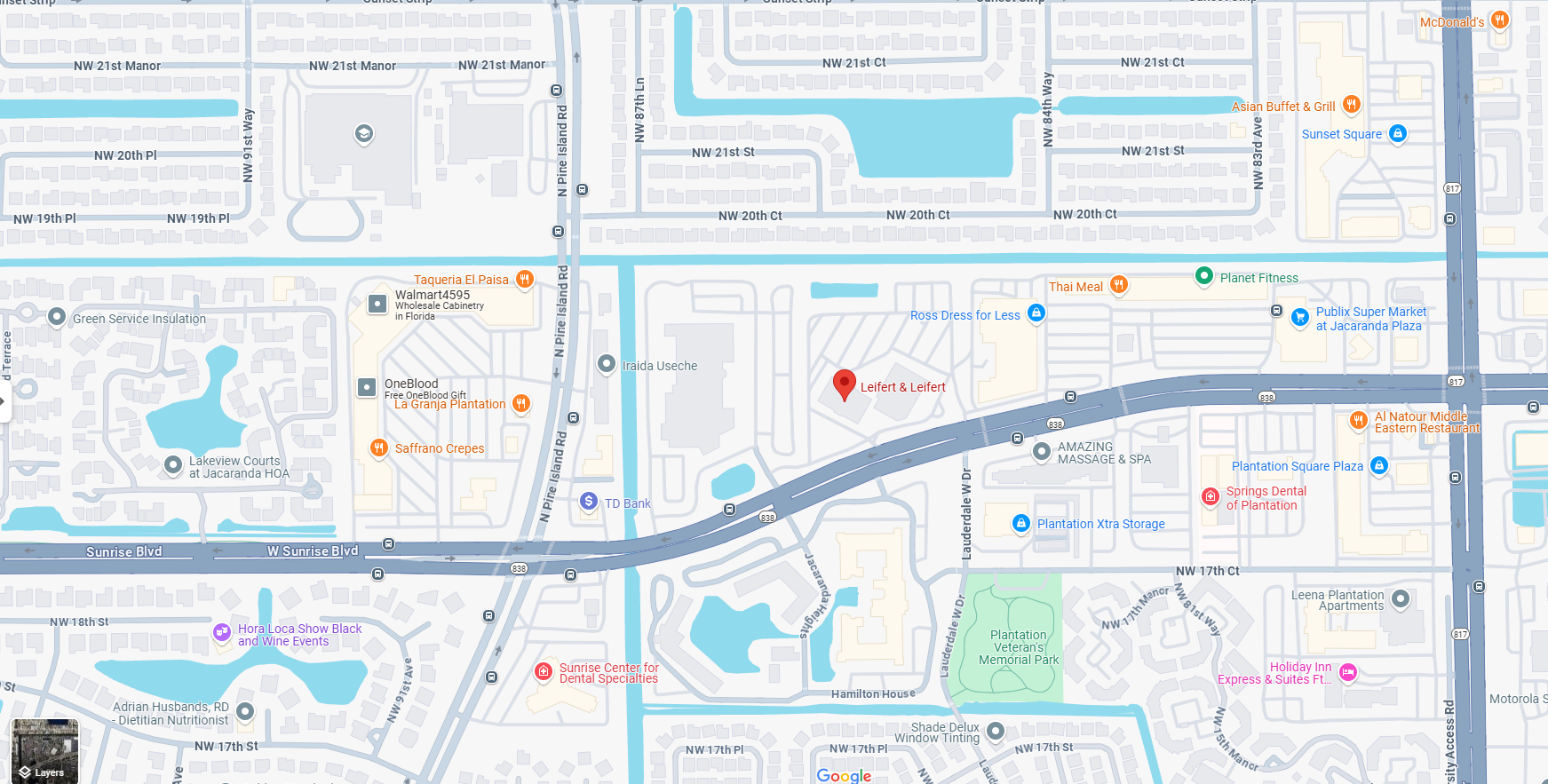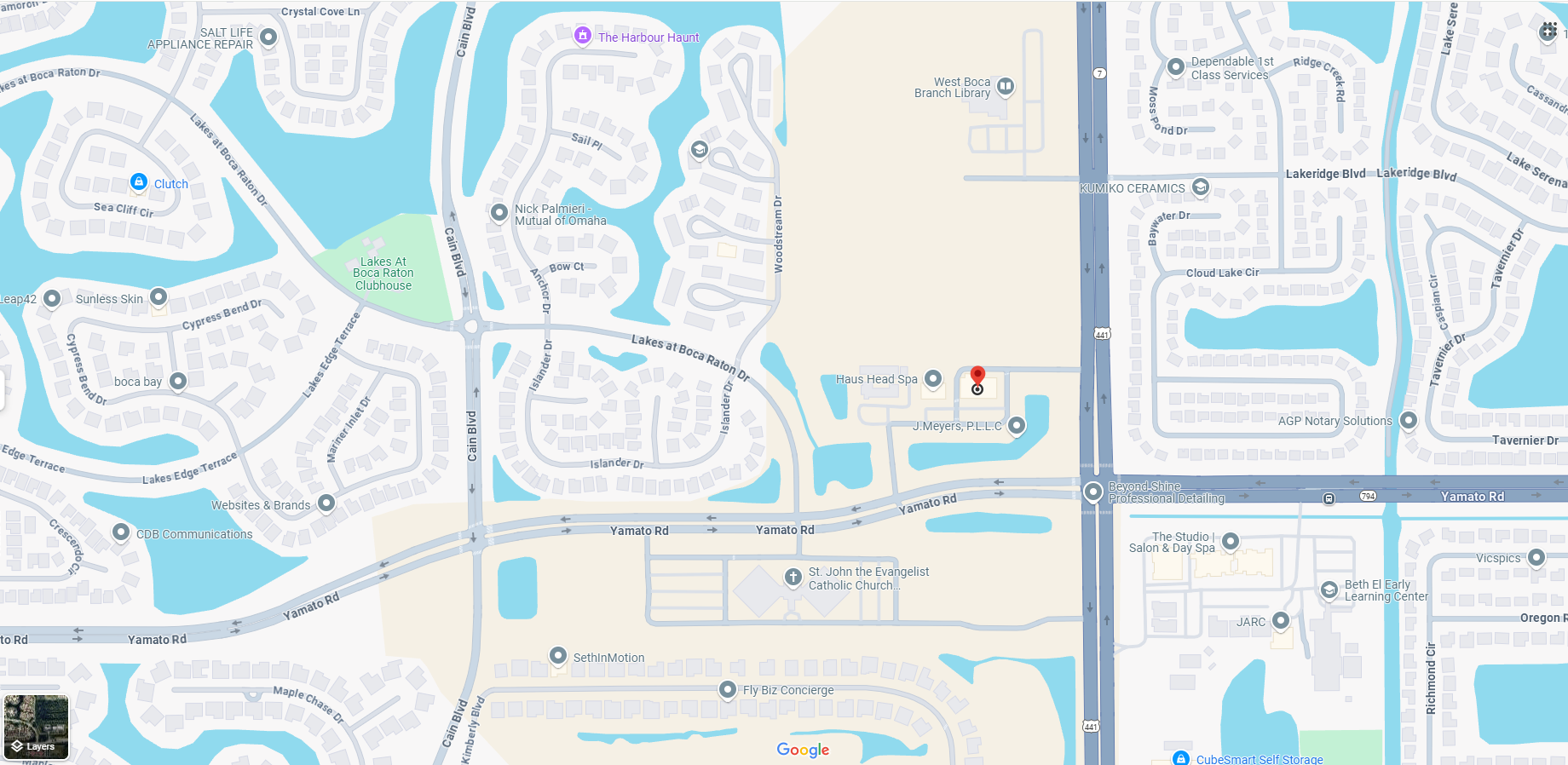The Limits and Risks of the Insanity Plea

Back in 2012, James Holmes terrified Colorado moviegoers and Americans nationwide when he opened fire inside a Colorado movie theater, killing 12 and injuring 70 during a showing of “The Dark Knight Rises.”
Holmes was essentially found guilty instantaneously in the court of public opinion; for one thing, as our Palm Beach and Broward County criminal defense lawyers at Leifert & Leifert know, he admitted to the killings by way of his plea of not guilty by reason of insanity.
Nevertheless, his case eventually made its way in front of a jury. Yesterday, after a trial which lasted 6 months, a jury found Holmes guilty on 24 counts of premeditated murder, dealing a blow to the defendant and raising questions about the effectiveness of insanity pleas.
The next step in the process, the sentencing phase, is expected to begin next week during which the prosecution will likely lobby for the death penalty. But before then, as our criminal defense lawyers at Leifert & Leifert know, there is still plenty to think about: for the prosecutors, the defense attorneys, and anyone interested in criminal defense law. This case is just one of many which has, in recent times, cemented the certainty that pleading not guilty by reason of insanity is not a “get out of jail free” card; it is not a sure defense and it does not by any means guarantee that a defendant will avoid a guilty verdict.
That said, there is something to be said for the fact that, often times, people dealing with mental illnesses of one type of another have difficulty (or a complete inability) to control their thoughts and thus their actions. James Holmes’ defense attorney argued, “the evidence is clear that [Holmes] could not control his thoughts, … he could not control his actions.” In suggesting that Holmes wasn’t in control, he argued that he should not be found to have been responsible for those actions.
On the other side, though, prosecutors used a mountain of evidence against Holmes in order to chip away at his attorneys’ claims of innocence due to insanity. Despite his mental illnesses, as our Palm Beach and Broward County criminal defense lawyers know, prosecutors argued, the timing of the incident and various facts surrounding it indicate that Holmes intended to inflict pain on the moviegoers. He bought a ticket almost two weeks early, entered the movie theater, left, then returned with guns and protective gear. Moreover, prosecutors argued, and defense attorneys never contested, that Holmes spent months purchasing explosives and planning-out the attack.
The planning, according to prosecutors, is proof that he knew what he was doing and was in response to major events in his life (such as leaving school and losing a girlfriend), further indicating a thought process. Defense attorneys argued that his planning was evidence of delusional behavior and a series of actions beyond Holmes’ control.
In addition to being very complex, our Palm Beach and Broward County criminal defense lawyers know that arguing that someone is not guilty by reason of insanity is even more difficult because making that claim requires acknowledging the heinous aspects of the case. Holmes’ legal team acknowledged the purchasing of the weapons and they acknowledged that it was indeed Holmes who fired bullets into dozens of individuals, slaughtering many of them. Once that admission is made, many jurors find it difficult to accept explanations. As such, it is no wonder that insanity pleas are only effective to an extent.
If you have any questions about this criminal issue, or if you’ve been arrested for or charged with a crime in Palm Beach, Broward and/or Miami-Dade County, please contact our criminal defense lawyers at Leifert & Leifert by calling 1-888-5-DEFEND (1-888-533-3363) to schedule a free consultation. We look forward to assisting you.







